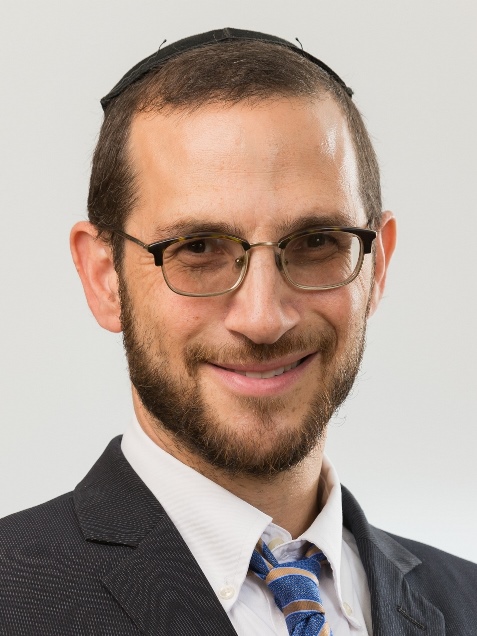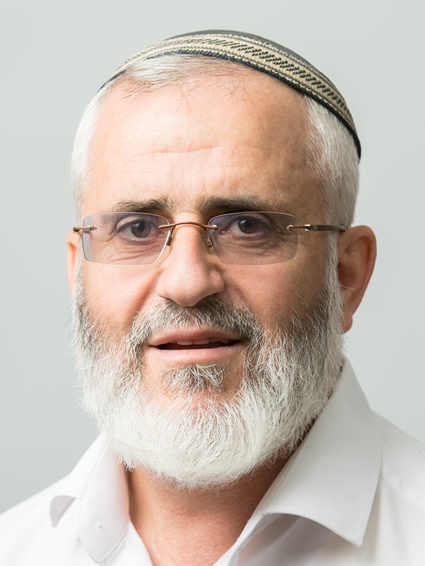Bakol—Mikol—Kol
By: Rav Shalom Rosner
In this week’s parsha we witness the reunion of Yaakov with his brother Esav. Yaakov prepares for a potential confrontation, but essentially all goes well. The brothers offer each other gifts. It is interesting to note the difference in the response each brother has to receiving gifts. Yaakov uses the phrase: “yesh li kol” – I have everything, while Esav refers to “yesh li rav”, I have a lot. The difference between these two responses is crucial.
Yaakov states that he is satisfied with his lot. Whatever he owns he views as a gift from Hashem and he is lacking nothing. Esav, on the other hand, boasts that he has an abundance, but he could have more. He is not satisfied with his massive wealth.
In fact, Yaakov is not the only one of the Avos that uses the term “kol”. As we recite in Birchas hamazon“bakol, mikol kol” – each of these words relates to our forefathers (Bava Basra 16b). It is stated about Avraham “v’Hashem berach es Avraham bakol”. (Bereshis 24:1). This statement appears after Sara’s death. One would have thought that such a statement referring to being blessed with everything would appear after mentioning one’s material wealth. It is after suffering a loss, that the Torah emphasizes, that not withstanding such a hardship, Avraham still felt complete.
The word mikol is referred to after Yitzhak realizes that what he ate was brought to him by Yaakov and not Esav as he states: “vayave li va’ochal mikol”. Again, after a confusing experience, a reference to being complete.
The term kol is uttered by Yaakov, as we stated above, when he greets Esav and seeks to reject his gifts - “yesh li kol” (Bereshis 33:11), exhibiting satisfaction with what he was granted.
As Rav Wolbe once stated, we need to view our physical possessions through a spiritual lens. It is easy to have Esav’s attitude and to covet the luxuries that we see others enjoying. We need to understand that what we and others enjoy is a gift from Hashem.
The Chafetz Chaim explains the 10th commandment in a similar manner. How can we be commanded not to be jealous of another? To require that I refrain from a negative act like stealing or murdering that is understandable. However, to require that I don’t think a certain way about another – how can I control my emotions in such a manner? The Chafetz Chaim suggests as follows. If one’s child suddenly becomes a millionaire, the father would be proud rather than jealous of his son. That is because he truly loves his son and wants what’s best for him. In addition, if one believes that the wealth was a gift from Hashem then who are we to second guess God’s ways?
May we be able to mimic our forefathers and be truly satisfied and happy with whatever Hashem bestows upon us as well as those around us. To follow in the footsteps of our forefathers and experience the attitude of - “bakol, mikol, kol”!
Shiur ID: 9226
Do you have a comment or question on the shiur?
Comment below and we'll join the discussion
Add your comments:




.jpg)
